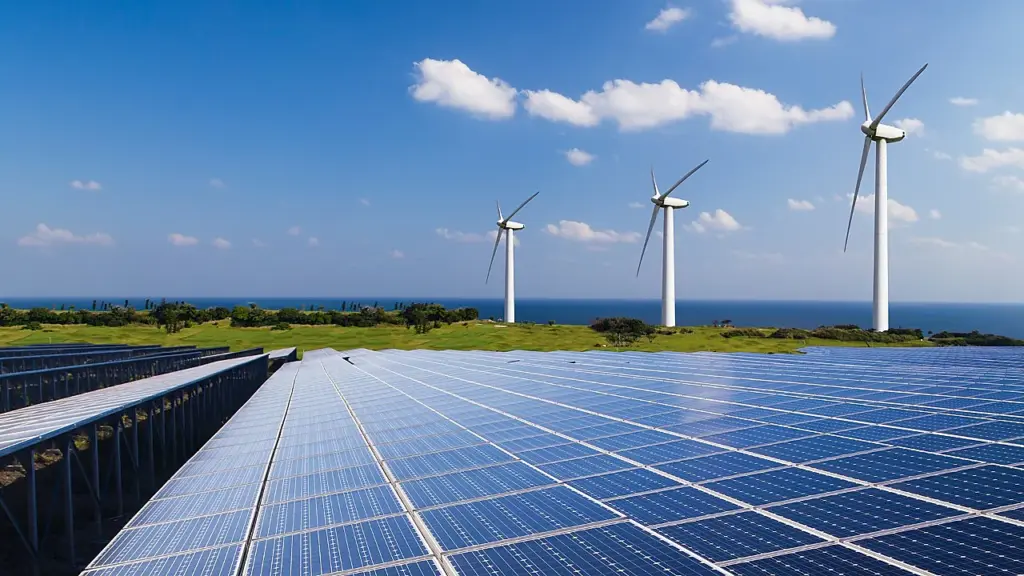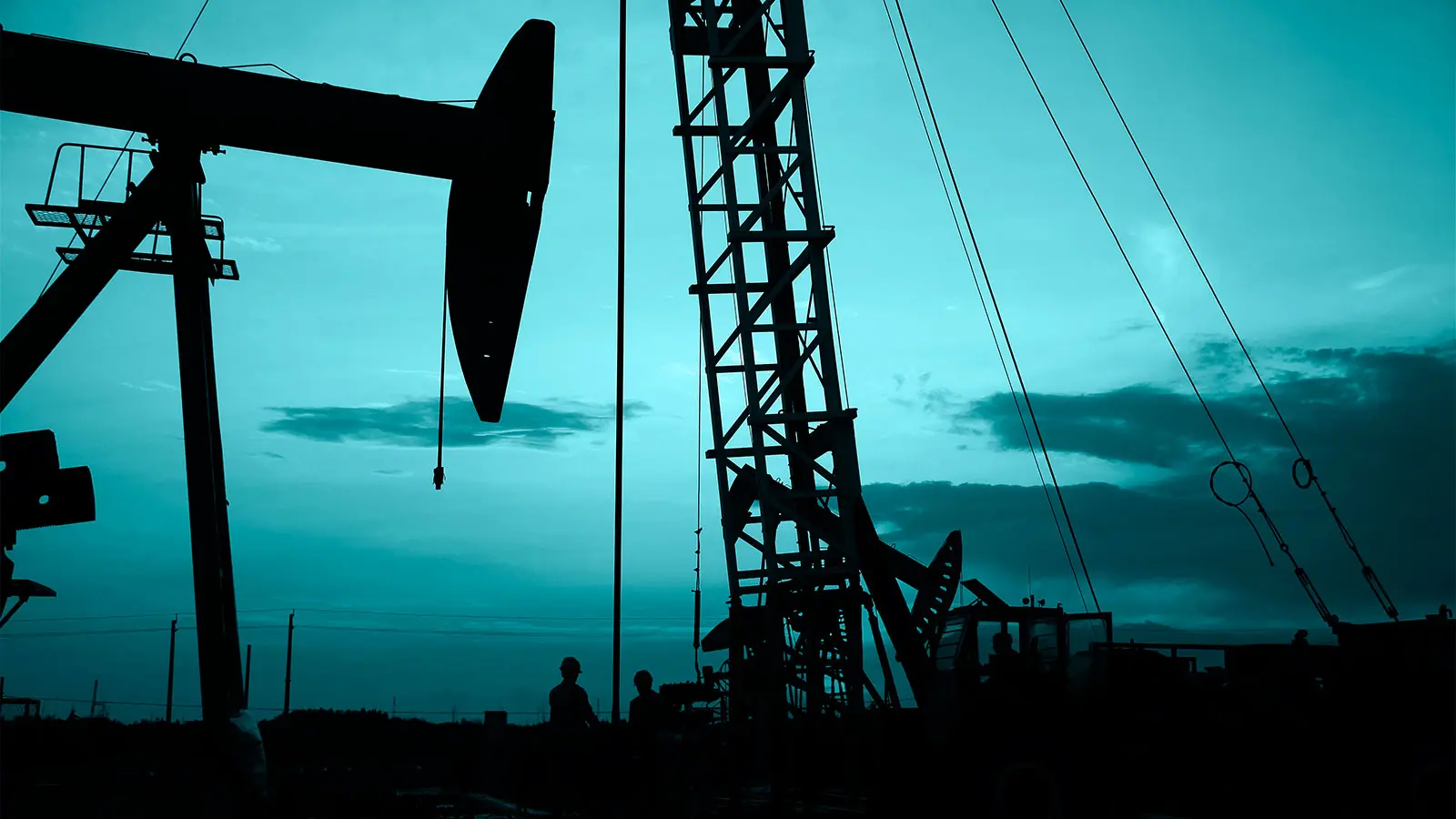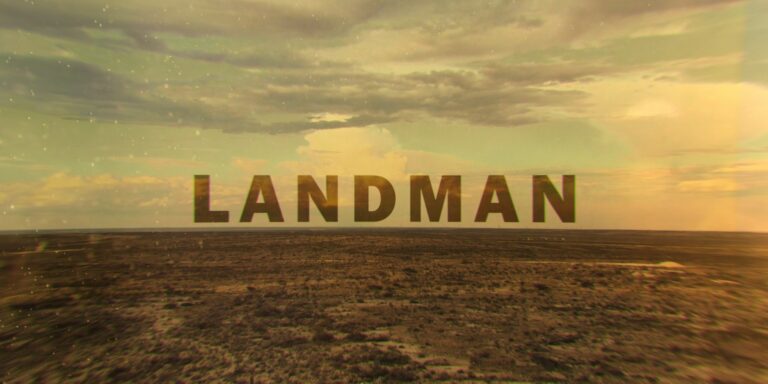Taylor Sheridan’s Landman has sparked intense debate across the political landscape in the United States. Set in the heart of West Texas, the series unfolds within the high-stakes world of the oil industry. Some viewers hail it as an honest portrayal of a vital American industry, while others see it as a thinly veiled piece of fossil fuel propaganda. The divide is sharp, with conservatives embracing its depiction of hardworking oilmen and liberals criticizing its failure to address environmental concerns.
The truth likely falls somewhere in between. But how has each side of the spectrum reacted, and what does that say about America’s ongoing energy debate? Let’s take a deep dive.
Landman: A Gritty Look at the Oil Industry
Landman, created by Yellowstone mastermind Taylor Sheridan, premiered on Paramount+ in late 2024. Featuring Billy Bob Thornton as Tommy Norris, a veteran “landman” navigating the volatile oil sector, the show quickly gained traction. The star-studded cast includes Jon Hamm, Demi Moore, and Ali Larter, further boosting its profile.
Inspired by the Texas Monthly podcast Boomtown, the series explores the challenges, moral dilemmas, and personal sacrifices tied to oil drilling. It’s packed with sharp dialogue, corporate intrigue, and personal drama, all set against the dusty backdrop of Texas oil country.
Since its debut, Landman has been both a ratings juggernaut and a cultural flashpoint. Its reception splits sharply along ideological lines, making it one of the most politically charged television series in recent memory.

Right-Wing Perspective: A Celebration of American Grit
Conservatives have largely embraced Landman, seeing it as a rare Hollywood production that doesn’t vilify their way of life. For them, it tells the story of real, hard-working Americans who keep the lights on – both literally and figuratively. They see it as an homage to an industry that has fueled American prosperity for over a century.
Why Conservatives Love It
- A Tribute to the Working Class: The show highlights the resilience and determination of oil workers, reinforcing traditional American values like self-reliance and perseverance.
- No Political Correctness: Many right-leaning viewers appreciate that Landman steers clear of what they call “woke” narratives, opting instead for straightforward storytelling.
- Skepticism Toward Green Energy: The show includes sharp critiques of renewable energy, portraying wind and solar as unreliable or even impractical.
- A Symbol of Energy Independence: Many conservatives argue that domestic oil production is key to economic strength and national security. The series echoes this sentiment.
Prominent conservative commentators have praised the show for presenting oilmen not as villains but as rugged entrepreneurs fighting to survive in a cutthroat industry. Right-wing media outlets have called it “a refreshing departure from Hollywood’s usual anti-oil rhetoric.”
Sheridan, known for his unapologetically pro-American storytelling, has created a world where oil workers aren’t faceless polluters but hardworking individuals with their own struggles, ambitions, and moral codes. That approach resonates deeply with conservative audiences.
Left-Wing Critique: Fossil Fuel Propaganda Disguised as Drama?
On the flip side, Landman has faced sharp criticism from progressives. Many believe the show deliberately avoids addressing the environmental and social consequences of oil drilling. Instead of exposing the darker side of the industry, critics argue, it glorifies it.
Why Progressives Reject It
- Environmental Whitewashing: The series rarely addresses climate change, oil spills, or other environmental disasters linked to fossil fuel extraction.
- One-Sided Storytelling: By focusing on the oilmen’s struggles, the show largely ignores those affected by pollution, land disputes, and other externalities.
- Lack of Diversity: Landman paints a picture of Texas that many argue is outdated, omitting the diverse voices and perspectives that exist within the state.
- Gender Representation Issues: Many progressive critics have pointed out that female characters in Landman are secondary to their male counterparts, serving as wives, love interests, or background figures rather than central players.
Environmental activists have been especially vocal about the show’s lack of critical engagement with climate concerns. Some have compared it to “a PR campaign for Big Oil,” arguing that it downplays the industry’s long-term impact on the planet.

One notable critique came from People’s World, which called the show “a romanticized look at an industry that has poisoned communities and funded climate denial for decades.” Meanwhile, NPR noted that Landman offers “compelling drama but an incomplete picture of the true cost of America’s oil addiction.”
The Larger Cultural and Political Context
At its core, the debate surrounding Landman is about more than just television. It’s a reflection of the larger, ongoing battle between fossil fuel advocates and environmentalists. The show has inadvertently become a proxy war for America’s energy debate, where every scene, line of dialogue, and character arc is analyzed through a political lens.
This polarization is nothing new. Hollywood has long been accused of leaning left, often portraying oil executives as greedy villains. In response, Landman feels like a deliberate pushback – an attempt to tell a story that’s rarely told in mainstream media.
The controversy also mirrors real-world debates about energy policy. As the US moves toward greener alternatives, oil workers and industry leaders fear job losses, economic instability, and what they see as an overly idealistic approach to climate solutions. Landman taps into that anxiety, showing a world where oil isn’t just an industry but a way of life, one under constant attack from policymakers and activists.
The Show’s Impact and Future
Despite – or perhaps because of – its polarizing nature, Landman has been a commercial success. Paramount+ recently announced that the series will return for a second season, with production set to begin in early 2025. Love it or hate it, the show has struck a nerve.
The long-term impact remains uncertain. Will it inspire more Hollywood productions to take a sympathetic look at the fossil fuel industry? Or will the backlash force the writers to take a more balanced approach in future seasons? Time will tell.
What’s clear is that Landman has reignited discussions about the portrayal of energy industries in popular culture. Its success suggests that, despite growing awareness of climate issues, there is still a significant audience that wants to see their world represented on screen – warts and all.
A Polarizing Masterpiece
At the end of the day, Landman is both a love letter to the oil industry and a flashpoint for political debate. To the right, it’s an overdue tribute to America’s energy pioneers. To the left, it’s a dangerous oversimplification of a deeply complex issue.
Wherever one stands, the show undeniably adds fuel to an already raging fire. And in the world of television, controversy is never a bad thing.
One thing is certain: Landman isn’t just another TV drama. It’s a conversation starter, and that might be its greatest achievement of all.




